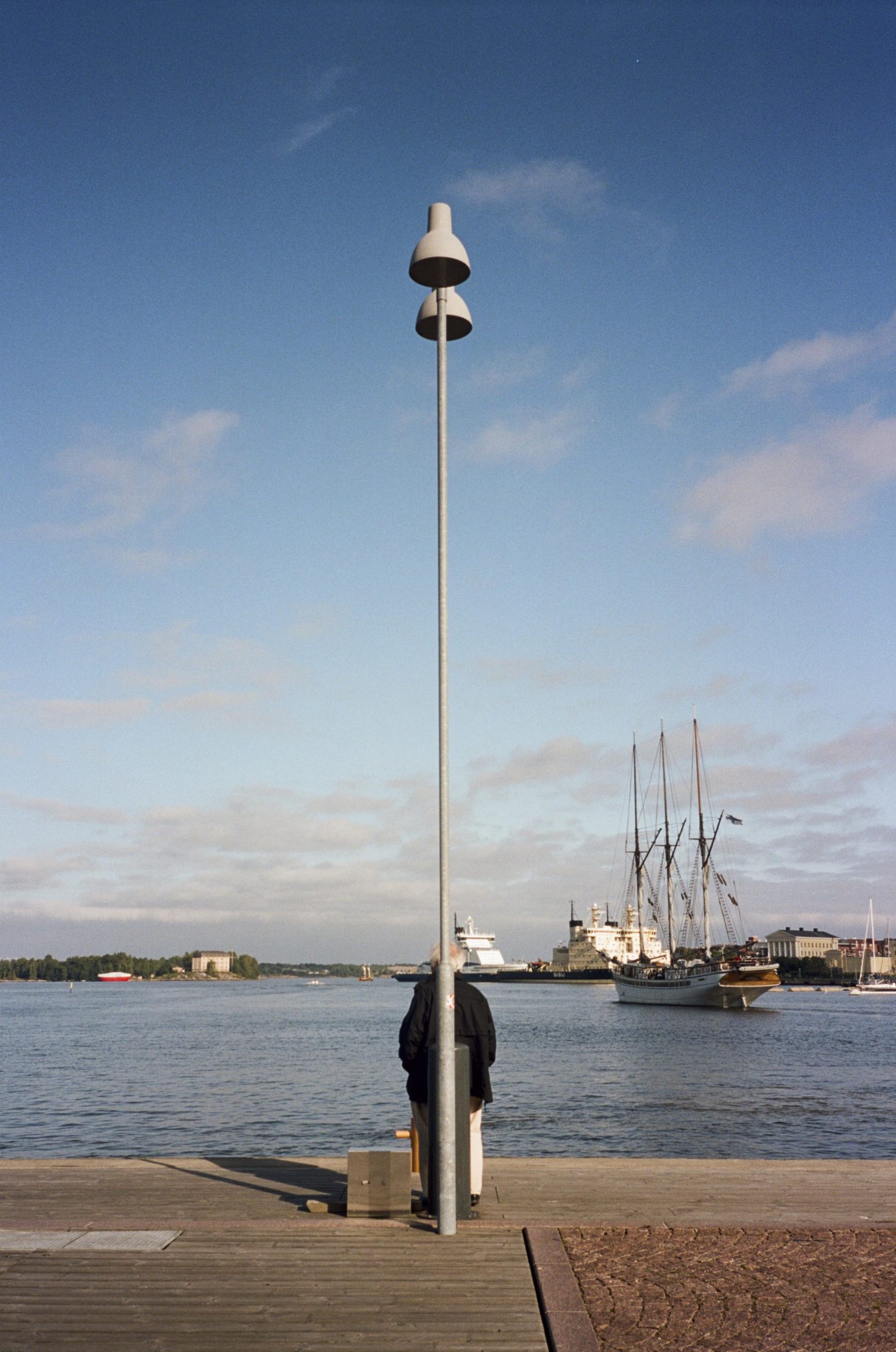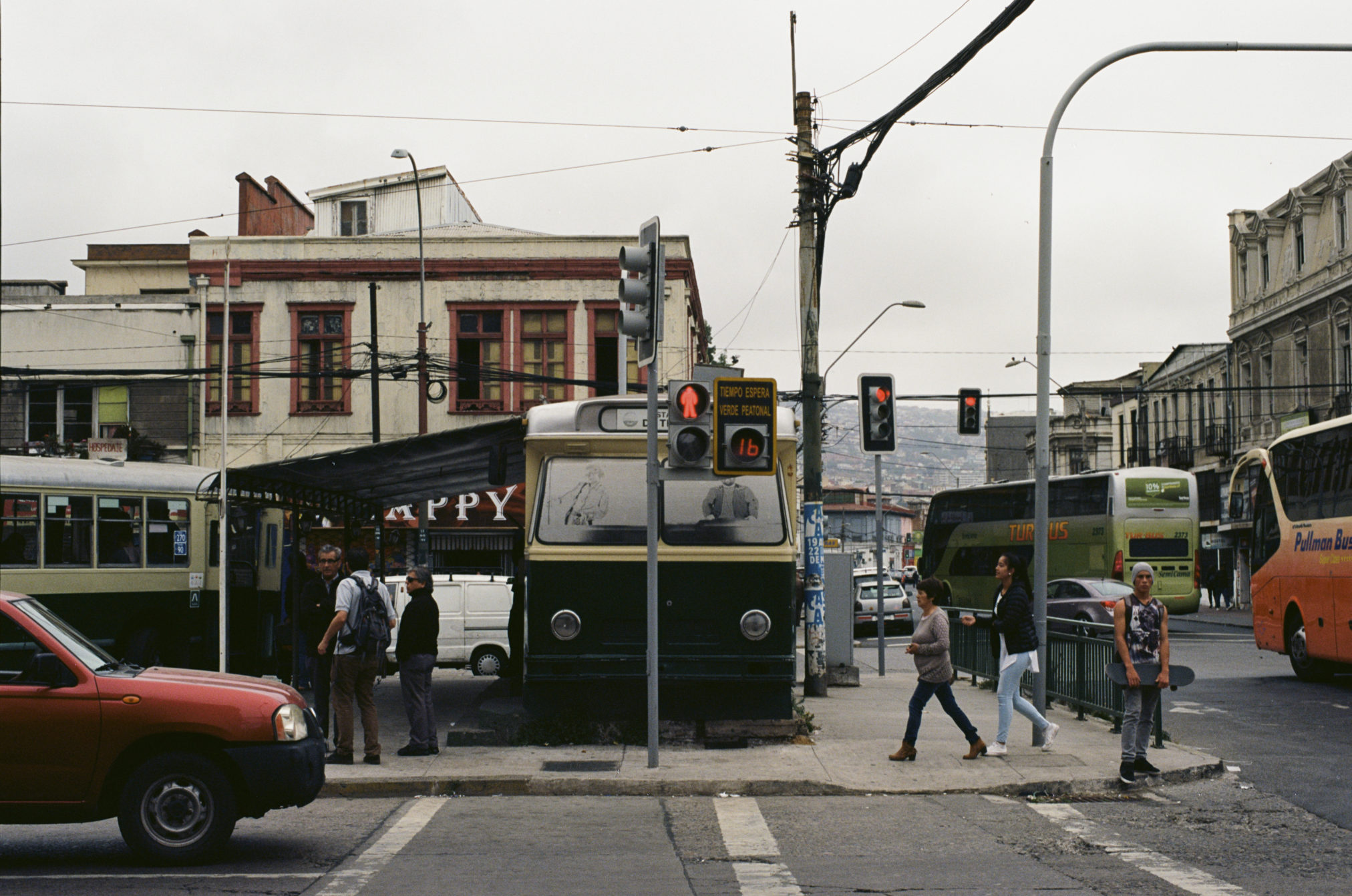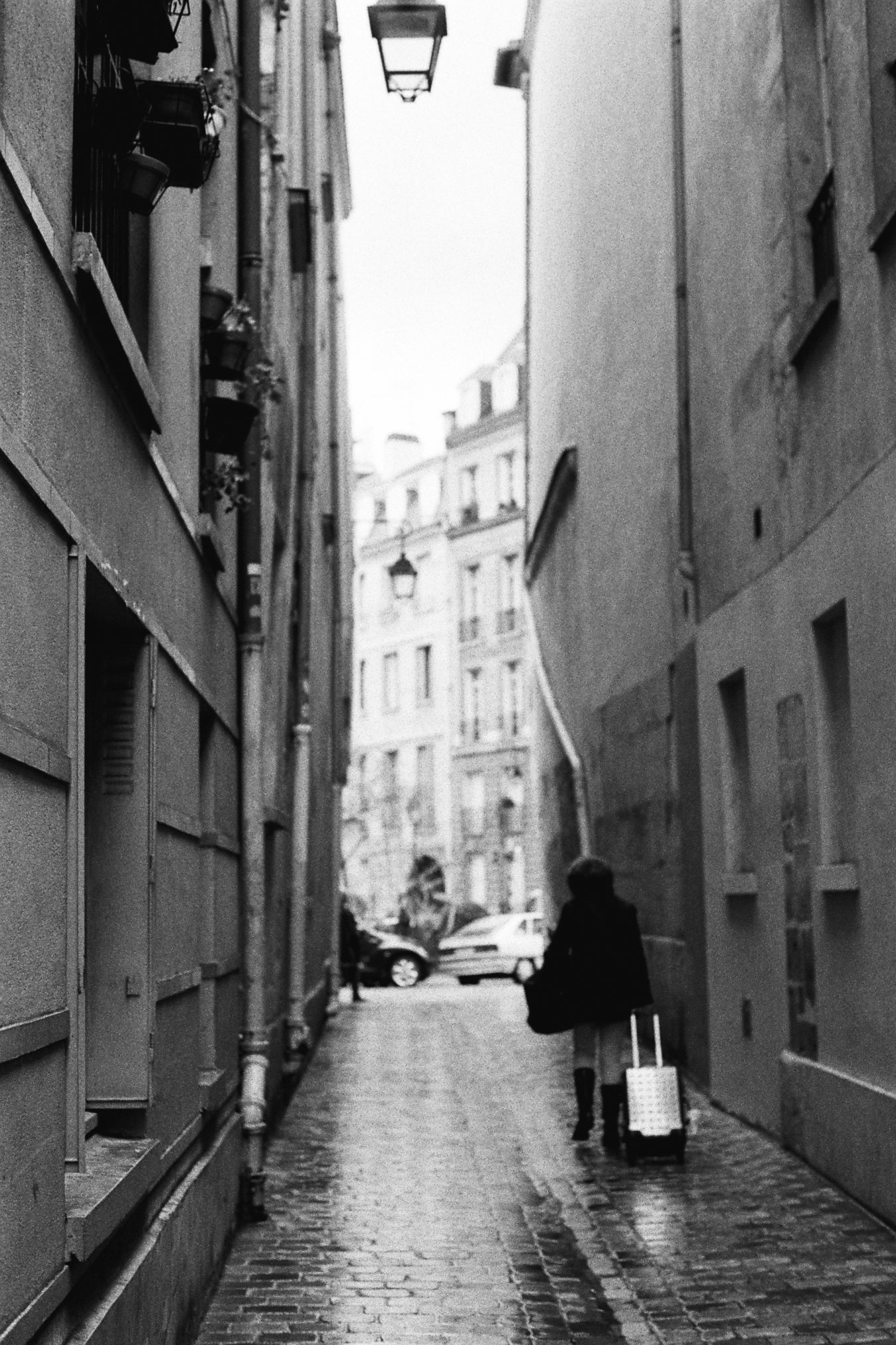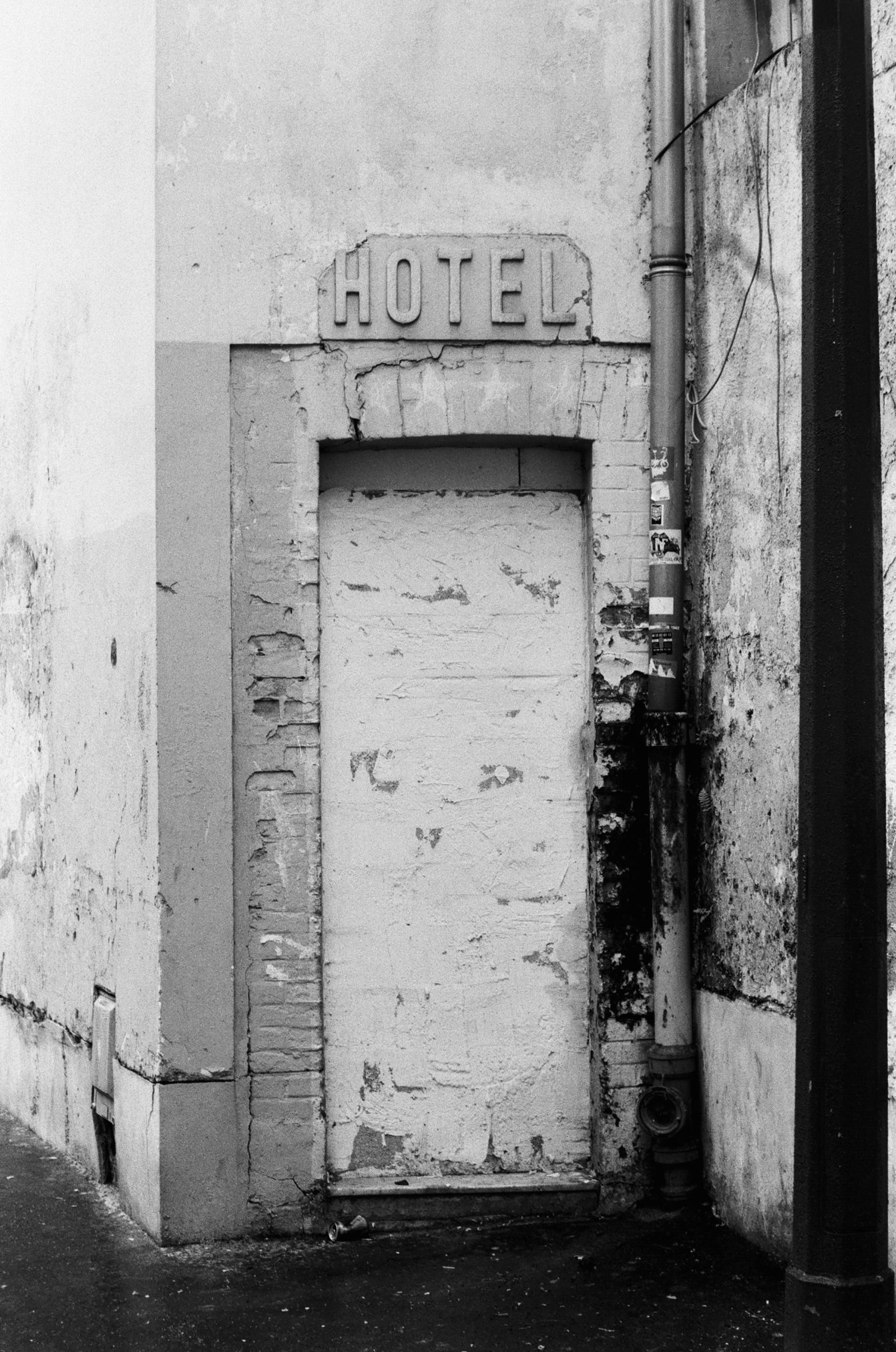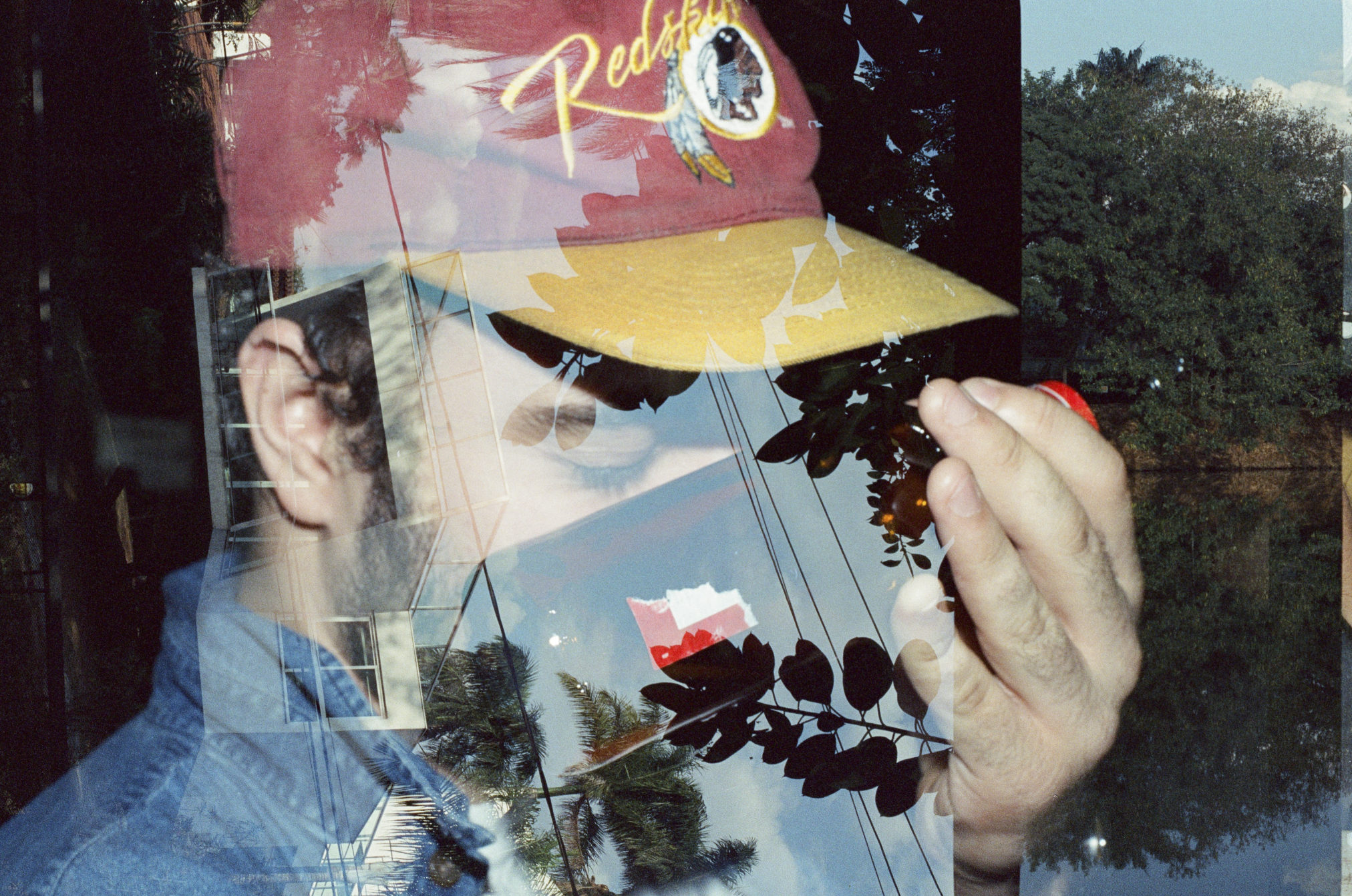The square in the center of the debate
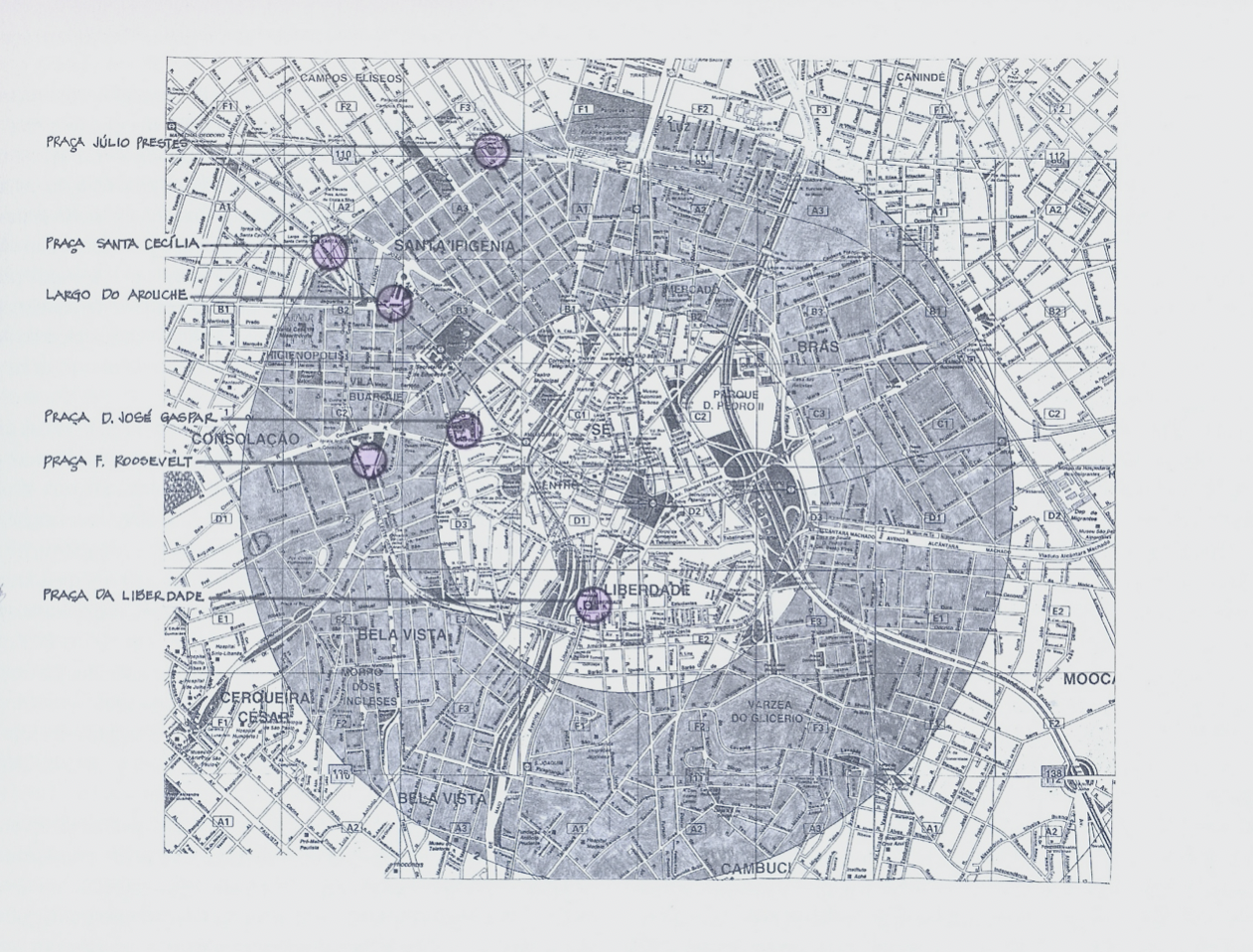
Squares, parks, and gardens in the context of urban centers directly relate to issues of public space and public life, which, in turn, inform us about accessibility and the appropriation of these tangible spaces that are intertwined with politics and culture. In Brazil, the square is characterized as a public, collective, and multifunctional space. It is an urban element that identifies and contributes to the organization of the city’s space by establishing free access and the possibility of social interaction. In “Projeto da Praça: convívio e exclusão no espaço público” (2008), Sun Alex, a Ph.D. in architecture from the Faculty of Architecture and Urbanism at the University of São Paulo (FAU-USP), analyzes six squares located in the city of São Paulo, examining the influence of American landscaping on the design of Brazilian public spaces. With clarity, he proposes alternatives for expanding usage, access, and integration with the surrounding environment.
Access the full review at Portal Vitruvius
